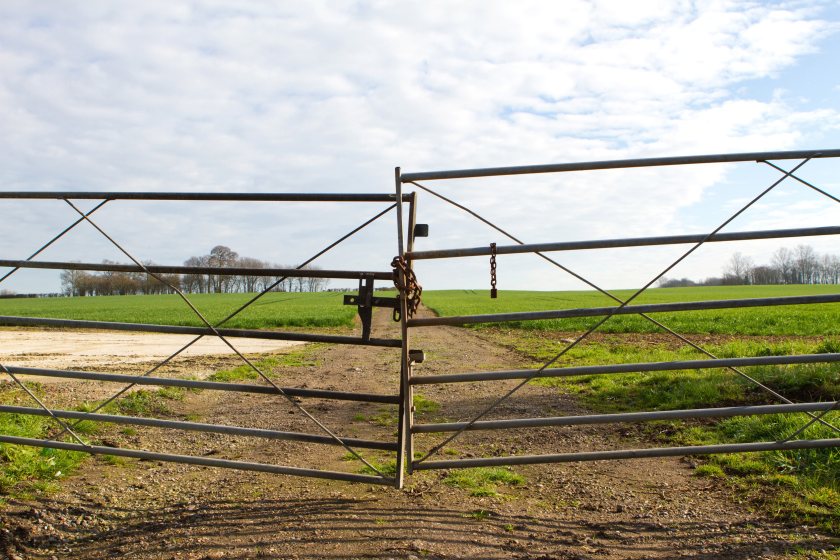
The government is stepping up its efforts to curb rising food bills and support farmers, announcing new measures it says will help reduce costs for both households and the industry as inflation pressures persist.
Although headline inflation has eased, food prices continue to climb, and ministers remain under pressure to act. In speeches this week, Defra Secretary Emma Reynolds will outline plans the government argues will help manage food costs by lowering import tariffs on ingredients not produced domestically and by reviewing regulatory burdens on the sector.
Reynolds will tell industry leaders that she has been “taking practical steps to bear down on food inflation and manage food costs for shoppers”. She will add that “by cutting red tape and keeping tariffs down we will help businesses deliver for customers and give them confidence to invest for the future”.
The government will invite companies to apply for temporary suspensions on import tariffs for key inputs, with officials saying this could help ease costs for manufacturers.
A new Food Inflation Gateway will also be created to examine how regulations affect food businesses and consumer prices, with ministers saying they intend to remove duplication and simplify processes where possible.
However, some food industry advisers note that tariff changes may have limited effect if energy, transport and labour costs continue to rise. Analysts also point out that past efforts to streamline regulation have taken time to deliver noticeable savings for businesses or shoppers.
The new measures follow the EU reset deal, which ministers say will reduce paperwork and speed up the movement of goods, though business groups have cautioned that the scale of the benefit will depend on how quickly new systems are implemented.
Reynolds will also address farmers and landowners at the CLA Rural Business Conference, where she will argue that rural Britain remains central to economic growth. She is expected to say that “when rural Britain succeeds, the whole country succeeds”, while highlighting ongoing work to improve farm productivity ahead of the Batters Review, due later this year.
Her plans include attempts to unlock new export markets in India, China and the United States, tackle contractual unfairness through upcoming ‘Fair Dealings’ regulations, invest nearly £250 million in productivity and innovation grants, and increase support for tenant farmers through the appointment of Alan Laidlaw as Commissioner.
While farming bodies have generally welcomed efforts to simplify the regulatory landscape, some have warned that producers need long-term certainty rather than piecemeal announcements tied to political timetables. It is also unclear how widely the tariff suspension process will be used, with previous schemes seeing mixed uptake.
Full details of the tariff window and the Food Inflation Gateway will be published in due course, with officials saying businesses will have time to plan once the schemes open.
